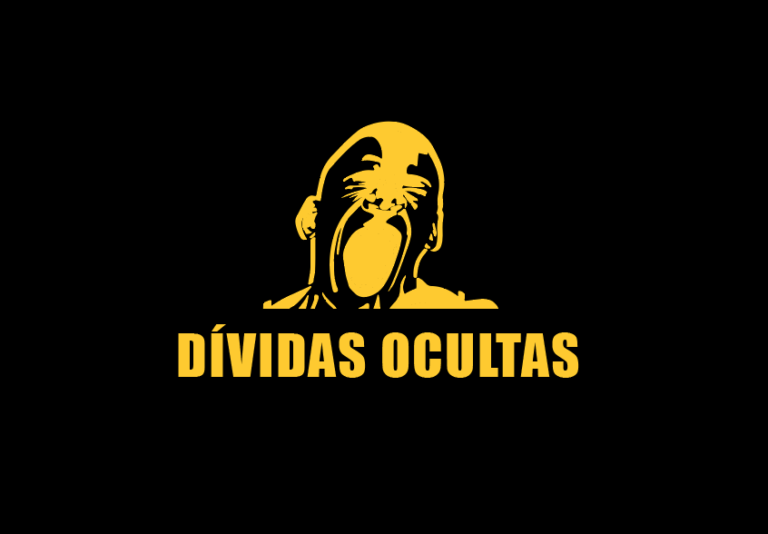
Since the discovery of hidden debts, the Public Integrity Center (CIP) has been engaged in promoting advocacy with citizens and public order to hold those involved accountable and to ensure that the Mozambican state does not pay debts that have benefited the group of individual.
Following the arrest of Manuel Chang in South Africa, Jean Boustani in the Dominican Republic, Detelina Subeva, Surjan Singh and Andrew Pearse and the disclosure of the respective cartoons, CIP initiated a public campaign called I Do not Pay the Hidden Debts.
In this campaign CIP produced T-shirts and distributes to citizens who predisposed to record videos and share in social networks, as a way to amplify the voice against the payment of debts. Likewise, the CIP joined the Civil Society group, led by the Budget Monitoring Forum, which in 2017 submitted to the Constitutional Council (CC) the Declaration of unconstitutionality and the integration of Ematum's debt into the General State Account of 2015. At the beginning of February , Another Petition Concerning the Debts of Proinducus and MAM was submitted to the CC with the same intention.
Following to this interventions, CIP organized on 15th March 2019, an International Seminar to reflect on Public Indebtedness, under the motto “How to avoid the repetition of odious debts?”. The seminar had presentations from Matthias Goldeman, Junior Professor at Goethe University Frankfurt and Senior Research Fellow at Max Planck Institute for Comparative Public Law and International Law; Roberto Tibana, Senior Economist macro-fiscal expert, from ANALYSIS, and Tirivangani Mutazu, Senior Policy Analyst and Debt Management at AFRODAD.
The main objective of the seminar was to understand how, in the face of international financial speculators, allied with local political elites, other countries in the world have been able to resist the temptation of public indebtedness, as well as that countries that have experienced the same problem how they passed out of this crossroads. Likewise, it intended to discuss the existing mechanisms, in the framework of the proven illegality committed not only by Mozambican leaders but also by the top managers of the creditor banks, which allows the Mozambicans to not pay the debt and have it being declared hateful. As well as, the seminar reflected on how Mozambique can avoid repeating situations like these in the future.
As a result, CIP compiled this publication that presents in detail the three presentations made by the speakers.

